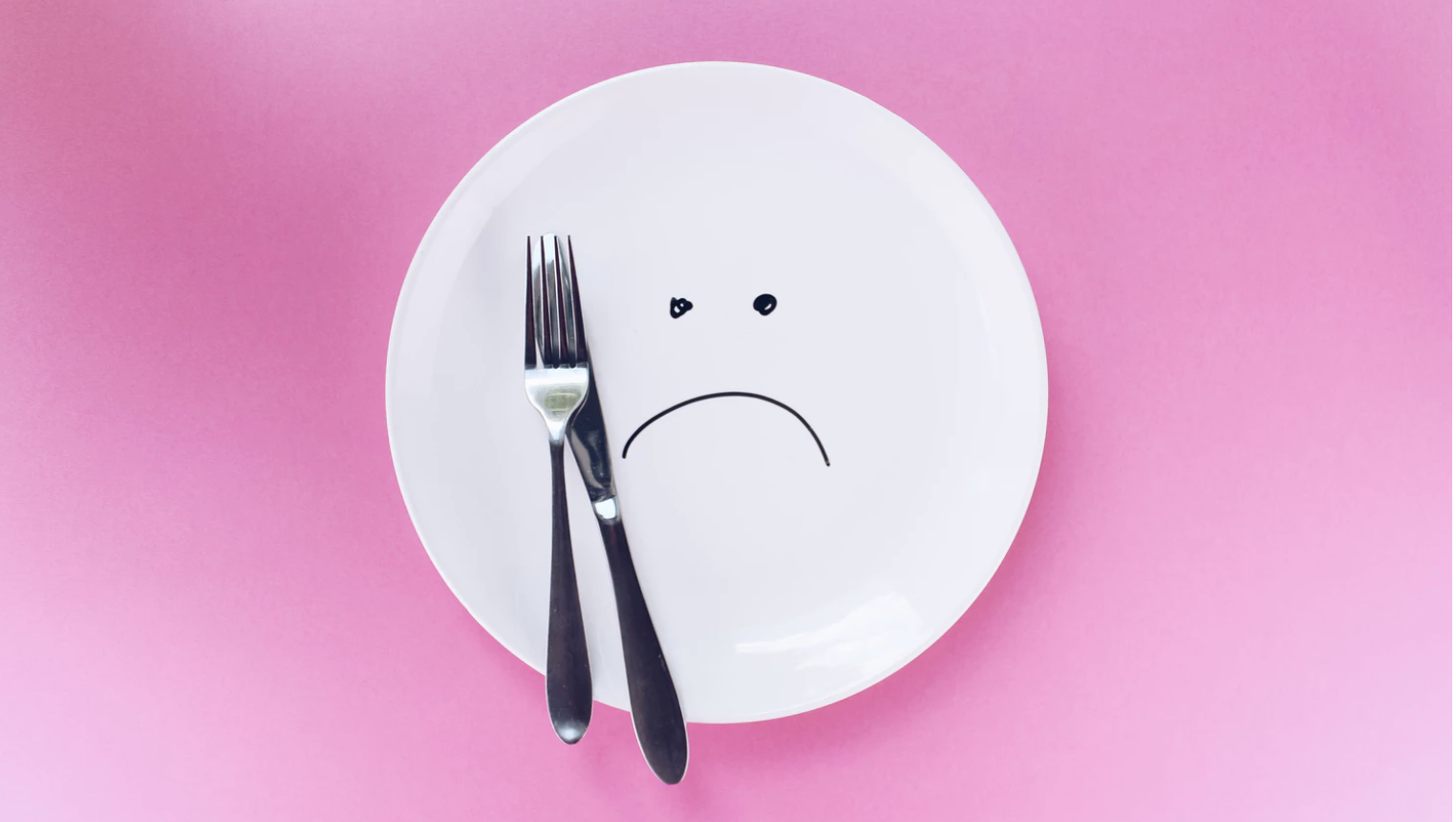We don’t even notice anymore how harsh we can be with ourselves. We can be compassionate to friends and listen patiently to their problems, but we talk to ourselves condescendingly and with disrespect. When we’re struggling, we think, “I’m such an idiot!” with reflex-like quickness, yet telling a hurting friend that they are such an idiot feels forbidden.
How did it happen that I can be accepting and patient with others whilst insensitive and cold with myself? I don’t remember anyone telling me as a kid that I was an idiot. But I don’t remember anyone telling me the opposite either, which would probably be something like: “You’re struggling, and I’m here.”
That’s not to say I had no one compassionate growing up, it’s just that for whatever reason no one was available enough to pick up on my hurt, to check in with me, to say something. And when that happens, a message does get taken in. It goes like this: “My problems are not worth talking about.” And under that, the assumed, painful conclusion: “I’m not worthy.” When we understand this, it’s not a big leap to think and talk to myself like I’m less than others.
I often try to convince myself that my unworthiness and my harsh relationship with myself only concerns me, that it has no impact on people around me. “I can talk to myself however I want to, nobody knows it anyway,” I hear myself think.
The belief that I’m unworthy didn’t come from my private world, however, it emerged from relationships. The fact that I’m trying to keep my troubled relationship with myself private speaks volumes about the mistrust I feel with others. So, I can go ahead and find comfort in no one hearing my thoughts, but I will inevitably create more isolation in my life and others will feel disconnected from me too. This is how I carry what I’ve experienced forward, this is how distance can continue towards further distance. But how do I create more connection?
If the hurt took place in between me and others, then the healing needs to take place in that space too. Whatever I needed to hear as a sobbing twelve-year-old, I didn’t hear it. It didn’t happen, it’s gone. As hard as it is to come to terms with that, only then I can grieve the kind of childhood I’ve never had. In my tears, I can take a risk and reach out to people who will listen, who are willing to feel with me. One dialogue at a time, I have a chance to feel a little less alienated, a little more trustful. And so they do in return.
These dialogues can then form an intimate ground, in which acceptance and affection don’t get lost but do get taken in. When they get into that same space where hurt is they have a chance to be felt just as strongly. From there the leap becomes a step to be more of me with more of you, and create something that’s more of us.
David Darvasi is a certified member of the British Association for Counseling and Psychotherapy. He work in accordance with the BACP Ethical Framework for good practice and is bound by the Ethical Code of the Gestalt Centre, London.
Originally published on WellDoing.org.
Follow us here and subscribe here for all the latest news on how you can keep Thriving.
Stay up to date or catch-up on all our podcasts with Arianna Huffington here.


